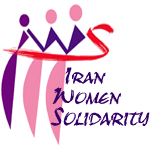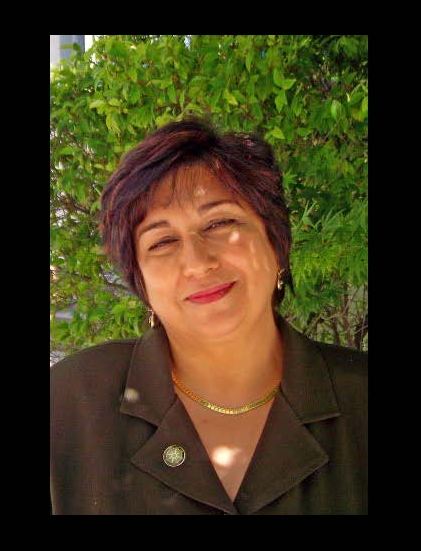By Katie Leavitt |
Through her words, the revered Persian poet and Nobel Prize nominee has been a source of those much needed comforts in her native Iran. She talks to Tonic in an exclusive interview about her travel ban, being an mtvU Poet Laureate and how she hopes to inspire future generations.
simin behbahaniUsing her voice to cut through the turmoil facing her countrymen, Behbahani is an inspiration to both those living in Iran, and abroad. However, she has no choice but to remain in her country now, and will have to continue to spread her message of peace from there. Recently, Behbahani was traveling to an International Women’s Day conference in Paris when she was stopped from boarding the plane. Her passport was taken and she has been banned from further travel.
“Clearly, for a person who is struggling and fighting for freedom, I was deeply saddened by this ban on my travel abroad,” said Behbahani. “Iran is my home, and I’ve never wished to leave the country for good. However, under this travel ban, my freedom is being denied, as I cannot make the decision to go wherever I’d like. I believe that it should be a basic right for every citizen to travel freely and live the way that they wish.”
The poet is not the only one to have been denied travel by the Iranian government as of late. Many other women’s and human rights activists, artists and thought leaders have been forced to remain in Iran. Former president Mohammad Khatami was denied travel to Japan to speak at a nuclear disarmament conference. Jafar Panahi, a filmmaker, was stopped from traveling to the Berlin Film Festival and was sentenced to jail not long after. Women’s rights activists including Mansoureh Shojai, Hayedeh Tabesh, Gina Modarres Gorji and Soraya Aziz Panah have also been forced to remain in Iran.
“I am saddened for them, as I was for myself.” Behbahani professed. “I hope that this basic human right will be granted to all of my compatriots so that they can travel freely — I believe that this is not a negotiable freedom, it is a basic human right.”
Behbahani’s words have become loud declarations of hope. Revered as the “Lioness of Iran,” she was nominated twice for the Nobel Prize, awarded the Carl von Ossietzky Medal in recognition of her fight for freedom of expression and received the Human Rights Watch-Hellman/Hammet grant.
mtvu logoMTV also noticed her contribution to society and has honored her as their mtvU Poet Laureate. MtvU programming appears in universities throughout the US, and since November, Behbahani’s poems have been aired to millions of college students.
On Tuesday, April 27, a new hour-long feature will air on campuses across the nation as well as on mtvU.com. The feature will be an infusion of Behbahani’s poems, discussions by Iranian-American students about her far-reaching influence and music videos that exemplify the transformational power of music and poetry combined.
“I am grateful for countries that herald ideas of freedom, and fight for continued peace,” Behbahani explained. “I hope that this audience understands that I admire those who extend offers of friendship and negotiation between countries. I know that it can be easy to begin wars, but patience and refusal to start conflicts is admirable. I sincerely hope for peace, and no new wars to begin.”
The 82-year-old is no stranger to war, conflict and oppression. “I have felt the calamity of war since early in my youth,” she said. “When I was 12, I witnessed World War II. This war lasted almost six years and had a great impact on my country.”
Clearly, Behbahani has captured a way to cope with all the challenges she and her country have faced. “One of the central themes of my work has been and continues to be peace, security and freedom. I sincerely hope for peace for the whole world, and that is woven through my words,” she said. Grateful to those who have supported her movement, and who also encourage this peace that she writes off, she adds that she, “would like to thank Secretary of State Hilary Clinton and other world leaders who have paid attention to the peace seeking aspect of my poetry.”
Taking her restricted freedom rather well, and not having any upcoming travel plans to consider, Behbahani has not even pursued answers to her passport confiscation. It seems that when your voice transcends geographical boundaries a certain sense of freedom can always be felt. We can only hope that voices like hers will continue to be able to heard.
Simin Behbahani’s contributions translated by Farzaneh Milani. Photo by Fakhradin Fakhraddini via Wikimedia Commons, photo courtesy of mtvU.

